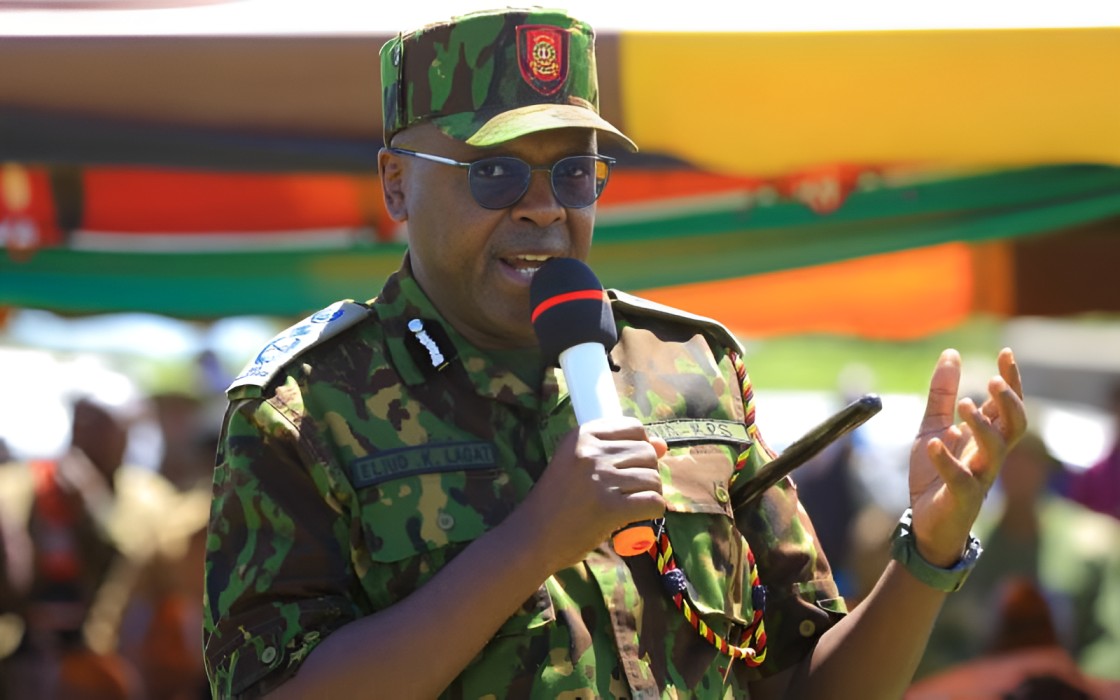Lagat tells court DPP alone can decide on his prosecution in blogger’s death

Lagat argued that directing the DPP to press charges against him would amount to stripping the office of its constitutional authority
Deputy Inspector General of Police Eliud Lagat has told the High Court that the decision on whether to prosecute him over the death of blogger Albert Omondi Ojwang rests solely with the Director of Public Prosecutions (DPP) and not the judiciary.
Through his lawyer, Cecil Miller, Lagat argued that directing the DPP to press charges against him would amount to stripping the office of its constitutional authority and could set a dangerous precedent that erodes prosecutorial independence.
“The petitioners’ plea seeks to have this court compel the DPP to perform a role reserved for an independent office. The court cannot declare a person guilty without trial, nor order prosecution in the absence of evidence showing constitutional dereliction,” his submissions state.
Lagat, who has consistently denied any link to the alleged arrest, torture, and killing of Ojwang, maintained that both the Independent Policing Oversight Authority (IPOA) and the DPP thoroughly examined the case and found no basis to implicate him.
He said the investigations resulted in charges being brought against other individuals, but none against him.
According to court filings, Lagat voluntarily stepped aside from his role to allow investigators unfettered access, insisting that his continued service in the National Police Service does not violate any constitutional provisions.
He dismissed as defamatory the claim that he is a “prime suspect,” saying such an assertion is unsupported by any investigative findings. “The law does not impose criminal liability simply because of rank or office, without evidence of personal involvement,” the DIG’s court papers read.
Lagat further emphasized that he was not present at the scene of the incident, did not issue unlawful directives, and that his role was purely administrative and command-based far removed from any operational actions tied to Ojwang’s death.
The senior police officer contends that the petitioners’ attempt to hold him responsible solely by virtue of his position is legally flawed, as it lacks direct, circumstantial, or even inferential proof connecting him to the alleged crimes.
The case, which has attracted public interest, now hinges on the court’s interpretation of the limits of judicial power over prosecutorial discretion.
